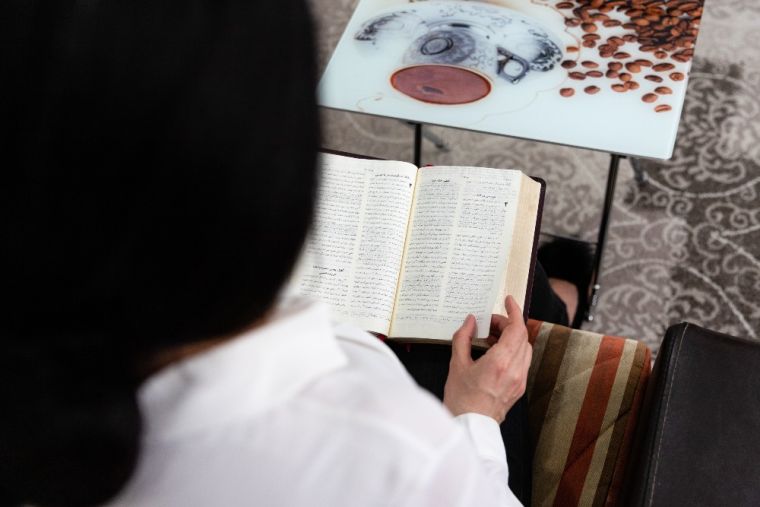Persecuted women and girls 'feel abandoned by the West'

"Violence against women and girls is a global crisis. One in three women will experience sexual violence in their lives," says Fiona Bruce MP, the Prime Minister's Special Envoy for Freedom of Religion or Belief.
She made the comments at an online panel discussion yesterday to mark International Women's Day.
Hosted by charities Aid to the Church in Need (ACN) and Open Doors, the event unpacked the hardships experienced by women and girls being persecuted for their faith.
"Women of religious minorities can face stigma when they are abused," said Mrs Bruce.
"They are then targeted by their own community. That is why it is so important that we work with whole communities, with religious leaders to challenge the acceptability of such violence and bring about change."
Mrs Bruce urged parliamentarians to speak out: "We have to recognise that religious identity is a marker of vulnerability and there are lots of ways that we can ask for change."
She continued: "We need to call out our own parliament where other countries are turning a blind eye to this, where authorities are not taking action, where they might even be condoning the situation or where the legal systems need to be changed in such countries."
The discussion, chaired by BBC journalist Emily Buchanan, coincided with the launch of a report looking into gender specific religious persecution and how the experience of women differs from that of men.
The report considers "specifically how the persecution of women is hidden, violent and complex", said David Landrum, Director of Advocacy at Open Doors.
"Hidden in a sense that the persecution is often camouflaged within society through things like forced marriage, violence, through sexual assault and through the use of shame to completely destabilize an entire community," he said.
John Pontifex, head of press at ACN, has been in conversation with girls and women who have suffered these crimes.
"So often girls and women feel abandoned by the West," he said.
"They feel that the West does not recognise the religious motivation behind their abductors' actions.
"Yes, they are targeted for their sex, but it is their situation as faith minorities that makes them so vulnerable to attack."
Panellist Hinna Maluch shared her experience as a Christian woman living in Pakistan.
"I have experienced a lot of hatred and discrimination," she said.
"As Christians, we live in so much fear that our parents take extra measures to protect us. As a young girl it meant that my mum didn't allow visits and rightly so.
"I was once followed from my university campus to the bus stop by two people who found out I was a Christian girl and I started wearing bigger shawls and hid myself to blend in.
"These instances are very common. They happen to so many people around us."
As a result of the forced conversions and abductions, Maluch said that many girls and their families are in hiding because there is no safe ground for them in their country.
She believes the situation will only change when there is a change of mindset within Pakistan but she also suggested that the UK could support persecuted women by providing refuge for them.
Rahima Mahmut, a Muslim Uighur and human rights activist from China, has worked closely with Uighur women survivors of sexual violence and torture in Chinese camps.
"Women are subjected to forced sterilisation, forced abortion, forced indoctrination and forced labour and are separated from their children," she said.
"I have also learned from survivors of the trauma they have carried as a result of their experiences.
"They were previously healthy women and now they have deep physical and psychological wounds."
Chinese persecution of the Uighurs has been described as a genocide by the UK parliament.
Mahmut welcomed this as a "moment of recognition for the Uighurs".











